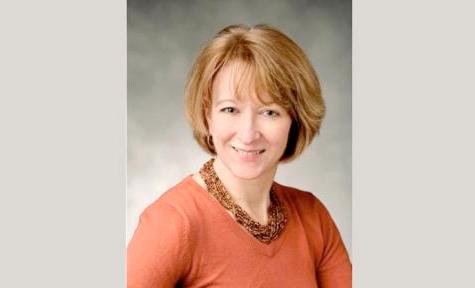PHD Perspectives: Redefining Consumer Optimism - Judy Vogel - MediaBizBloggers

"It's not having what you want, it's wanting what you got."
Those Sheryl Crow lyrics reflect a very precise way to describe consumer sentiment today.
The recession of the past year brought myriad neatly constructed consumer confidence indices, compiled from measures of jobless rates and spending levels, to academic surveys quantifying attitudes. All were developed and tracked to help predict the "end" of bad economic times and a return to happier consumer spending days.
As 2009 came to a close, unemployment levels, while still growing, were doing so at a much slower rate, the stock market was up, holiday sales were up a modest 3.6% and many consumer confidence indices were showing improvement. However, throughout last year and into the first few months of this one, frugality and very selective shopping behaviors remain the norm.
Insights from our 2009 Return of Consumer Optimism tracking study illuminated some interesting dynamics that have us re-thinking our understanding of what being an "optimistic" or "confident" consumer means.
Throughout last year, consumers' concerns about money lingered and impacted everything from spending and saving behaviors, to personal values and attitudes. Every segment of the population was affected in some way and unified in their quest for a deal. Shoppers sought out the best buys, used coupons in record levels, bought significantly less on impulse and frequently bought different brands to try lower priced alternatives.
Across all categories, consumers were willing to trade down, many adopting the trade as their preferred choice going forward. At the same time, consumers became increasingly unwilling to sacrifice product quality or convenience. Their expectations of product performance increased.
When making purchases, they researched diligently and engaged in more comparison shopping. They sought brands, products and services that would provide what they perceived to be long-lasting "value" (i.e., quality and performance).
This focus on value transcended consumer purchasing decisions. Consumer thinking shifted to bigger things – job security, saving money, reducing debt, re-examining personal values and relationships, and seeking satisfaction in their experiences over increasing material possessions. The cocooning behaviors many consumers were forced into became acceptable leisure time activities as the population adopted a new mentality to spending money where everything became a considered purchase.
So what does all of this mean for "optimism," the thing many considered to be the trigger of an economic turnaround?
We believe optimism in the current environment is best defined by a sense of self-actualization. Optimism, we found, is not determined by household income, level of savings or accumulated debt, or continued purchasing behavior, but rather by an attitude concerning the new reality. The more optimistic someone describes him or herself, the more they exhibited characteristics of:
Acceptance and realism – these are the people who have come to terms with their current altered lifestyle and have pragmatic perceptions of themselves and the world around them.
Problem solving – they found solutions for many of their financial concerns, have taken steps to solve money worries and now look to live to their potential within the confines of their new reality.
Seeking balance - in both their world and the world around them and motivated by a sense of personal responsibility. They seek satisfaction in what they have, make sacrifices in some areas to allow themselves an indulgence in another.
Marketing today requires a rich appreciation of a consumer mindset that has perhaps changed for good. A growth in optimism will not necessarily trigger an uptick in spending, as consumers will, for the long term, continue to seek greater meaning in their purchases. As we continue to monitor the consumer behaviors, attitudes and motivations, it will be through the lens of this new understanding and with a focus on how marketers can become more relevant to customers seeking their own personal sense of value.
Judy Vogel, SVP, Director of Research at PHD Media, a Division of Omnicom.
Read all Judy’s MediaBizBloggers commentaries at PHD Perspectives - MediaBizBloggers.
Follow our Twitter updates @MediaBizBlogger


